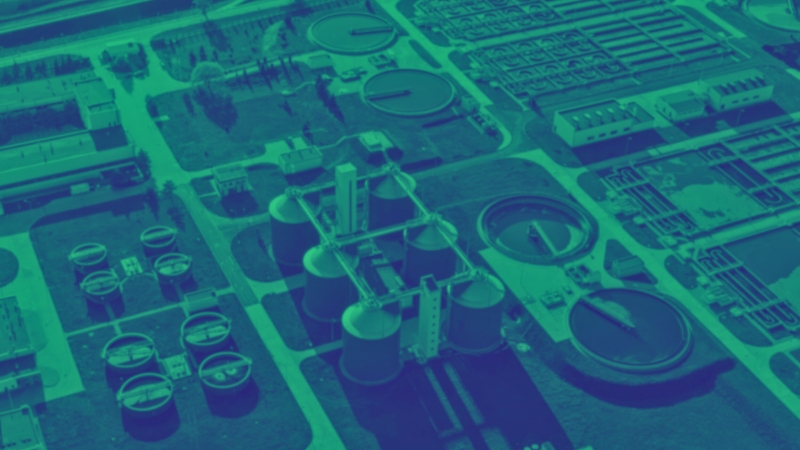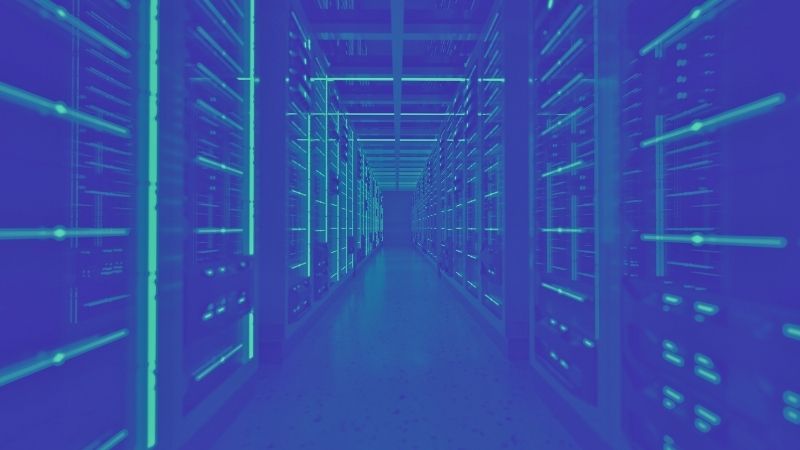As cybersecurity regulations under the Maritime Transportation Security Act (MTSA) expand to cover Operational Technology (OT), many facility operators are asking a critical question: "Do we really know what assets we're protecting?"
The answer often reveals a blind spot.
According to industry data, over 70% of organizations lack a comprehensive OT asset management strategy. This gap doesn’t just hinder performance—it puts entire facilities at risk of non-compliance, operational downtime, and cyber threats.
That’s where Champion comes in.
📊 Asset Management: Your First Line of Defense
Our scalable OT asset management solutions are built to enhance visibility, secure legacy systems, and support compliance with new MTSA requirements. By continuously discovering, classifying, and monitoring assets across your OT environment, Champion helps reduce risk and build the digital foundation for long-term resilience.
We combine:
- Up-to-date dashboards to unify asset KPIs and vulnerabilities
- Lifecycle-based risk prioritization to streamline response
- 24/7 expert support from seasoned OT cybersecurity professionals
Whether you're preparing your Facility Security Plan or responding to an audit, knowing what’s in your environment—and how it behaves—is step one.
🚀 Ready for MTSA and Beyond
Champion doesn’t just help you check compliance boxes. We help you build a cyber-smart asset strategy that scales with your operations and aligns with MTSA mandates like:
- Continuous cyber risk assessments
- OT-specific incident response plans
- Network segmentation and supply chain visibility
Let’s close the visibility gap—before it becomes a security gap.
Ready to learn more? Contact us today to schedule a no-cost consultation.
We empower our clients to build safe, sustainable operations by delivering comprehensive Operational Technology (OT) solutions. From concept to implementation and beyond– we'll be there every step of the way.
Let's collaborate.
Schedule a no-cost consultation today.

Solution Brief
Asset Management
More Posts


 Nation-state actors
Nation-state actors






